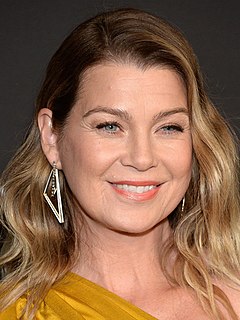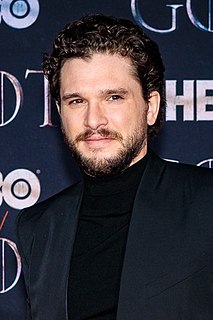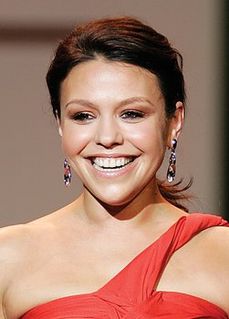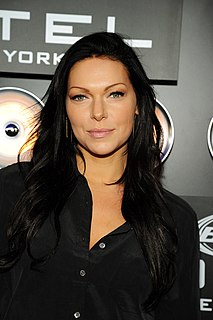A Quote by Ainsley Harriott
I started to take a keen interest in food when I was 16 years old. When I was a young teenager my mother always encouraged my brother, my sister and I to get involved in the kitchen - stirring and smelling things so we would understand how things were made.
Related Quotes
As the population is, in general, aging, there is more interest in what a 50-year-old, a 60-year-old, a 70-year-old, an 80-year-old is like. And one of the things that just naturally started to happen as I got older - and I could feel younger people looking up to me in a certain way and wanting to know things that I knew - I got interested in the women, in particular, who were 20 years older than me. Because I understand in a way that I didn't 20, 30 years ago, how much they know.
I have a deep connection with Mahatma Gandhi, partly because my mother was a very, very staunch Gandhian and brought us up that way. When I was six years old, and all the girls were getting nylon dresses, I was very keen to get a nylon frock for my birthday. My mother said, ?I can get it for you, but would you rather?through how you live and what you wear and what you eat?ensure that food goes into the hands of the weaver or ensure that profits go into the bank of an industrialist?? That became such a checkstone for everything in life.
I was raised by drag queens, practically ... my mother died when I was four-years-old, so I was effectively raised by a bunch of different people. A lot of those people were friends of my sister, Kathleen, who had all these gay friends. She would baby-sit me everyday, and she would take me over to her friend's houses with all kinds of things going on: tucking, and eyebrow drawing, waxing, all sorts of things. I was literally raised by gay men.
Grandmother pointed out my brother Perry, my sister Sarah, and my sister Eliza, who stood in the group. I had never seen my brother nor my sisters before; and, though I had sometimes heard of them, and felt a curious interest in them, I really did not understand what they were to me, or I to them. We were brothers and sisters, but what of that? Why should they be attached to me, or I to them? Brothers and sisters were by blood; but slavery had made us strangers. I heard the words brother and sisters, and knew they must mean something; but slavery had robbed these terms of their true meaning.
I learned respect for womanhood from my father's tender caring for my mother, my sister, and his sisters. Father was the first to arise from dinner to clear the table. My sister and I would wash and dry the dishes each night at Father's request. If we were not there, Father and Mother would clean the kitchen together.
My parents brought us up in a very clever way, which was that they saw what we were interested in naturally, and then they encouraged whatever that may be. When I started sharing a keen interest in drama and the theater, instead of steering me away from it, they encouraged me to see plays and think about drama school.
My family background really only consists of my mother. She was a widow. My father died quite young; he must have been thirty-one. Then there was my twin brother and my sister. We had two aunts as well, my father's sisters. But the immediate family consisted of my mother, my brother, my sister, and me.
There was things just like not being able to date or - I'm talking like 15, 16 - like just certain things that my friends started to do. Like, they started to get phone calls from girls or like, you know, go and hang out 10, 11 at night, kind of going to the movies. There were just certain things that - it's not that I couldn't do all of those things. It's just that every choice was really deliberate and conscious and thought out and sort of balanced against the religion in a way where I felt - I wasn't necessarily trying to convert at 12 like [my mother] was.
I was always a person on my mother's hip in the kitchen. My mom really wanted her kids at her side as much as possible, and she worked in restaurants for over fifty years. And my grandfather had ten children, and he grew and prepared most of the food. My grandmother, on my mother's side, was the family seamstress and the baker. So my mom, the eldest child, was always in the kitchen with my grandpa and I was always in the production and restaurant kitchens and our own kitchen with my mom. And it's just something that has always spoken to me.
My mother was okay with me not playing it safe. She made an agreement with my father that I was going to be raised differently than my brother and sister were. My parents went through the whole sixties rebellion with my brother and sister. But I didn't feel like I had to rebel because I didn't have anyone telling me I couldn't do something. I never went into that parents-as-enemies stage.







































